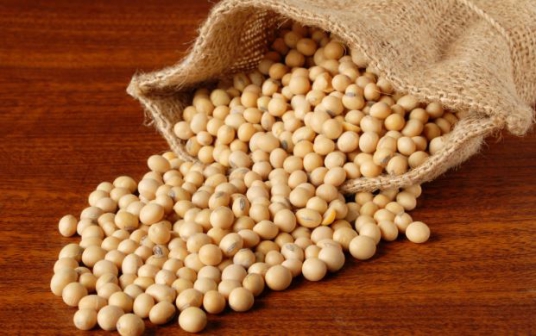×
The Standard e-Paper
Kenya’s Boldest Voice

The East African Community stands to gain from encouraging the growth of regional soybean value chains. As things stand, soybeans are one of the world’s most important and traded oilseeds. However, there are a number of key constraints that need to be reformed in order to create an enabling environment.